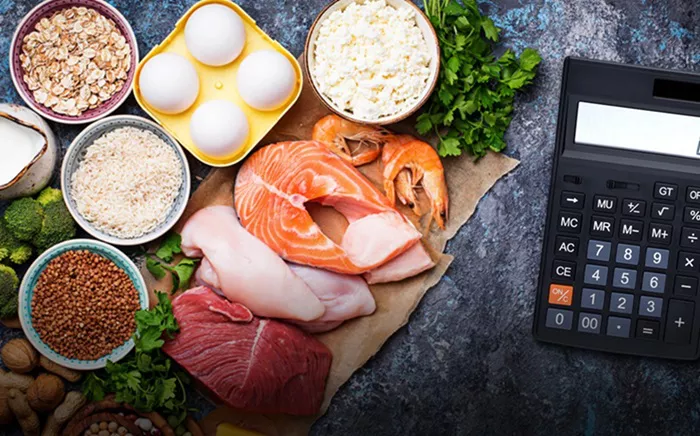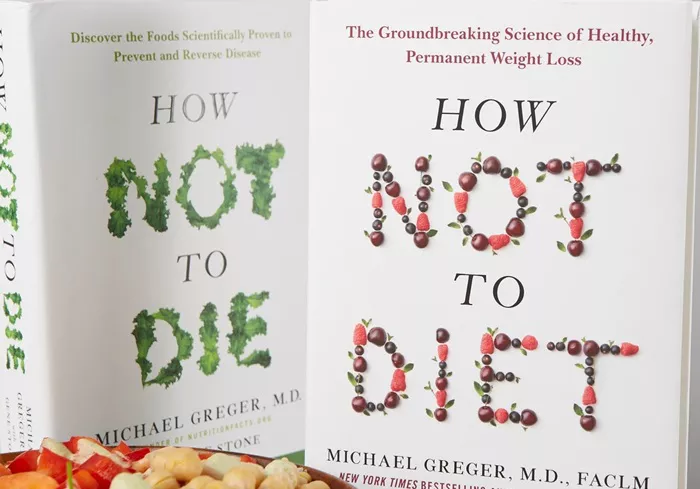New research from the University of Alberta suggests that higher protein consumption may help colorectal cancer patients maintain—and even increase—crucial muscle mass during chemotherapy.
In a pilot study, U of A researchers encouraged colorectal cancer patients to achieve one of two daily protein intake levels. Although many found it challenging to reach the higher target, nearly half managed to maintain or gain muscle mass by increasing their protein intake.
“Preserving muscle mass despite the muscle-wasting effects of cancer and chemotherapy is a significant achievement,” said Carla Prado, a nutrition expert and principal investigator of the study, based at the U of A’s Faculty of Agricultural, Life & Environmental Sciences.
Colorectal cancer, the third most diagnosed cancer and the second-leading cause of cancer-related deaths globally, often triggers symptoms such as nausea, loss of appetite, and altered taste, which can contribute to low muscle mass at diagnosis. Combined with the metabolic effects of cancer, which accelerate muscle breakdown, these factors underscore the importance of strategies that can preserve muscle.
The study, led by doctoral candidate Katherine Ford, aimed to determine whether patients could feasibly increase their protein intake to two grams per kilogram of body weight daily—double the minimum recommended for oncology patients. Fifty participants with stage two to four colorectal cancer were divided into two groups and counseled to consume either one gram or two grams of protein per kilogram of body weight daily.
Throughout the 12-week study, patients received customized guidance from registered dietitians, who designed meal plans featuring protein-rich foods such as meat, fish, dairy, and supplements. Although the higher-protein group averaged only 1.6 grams per kilogram, they saw promising muscle preservation results: nearly 60 percent retained or gained muscle mass, compared to 44 percent in the lower-protein group.
“Even if the target wasn’t fully met, increasing protein intake appears to benefit muscle health during treatment,” Ford noted. “Patients reported feeling empowered by being able to control and adjust their nutrition, which supported their well-being.”
Beyond muscle preservation, the study also revealed a potential link between higher protein intake and improved physical function, particularly in the lower body. However, some participants struggled to consume sufficient protein due to treatment-related side effects and the large volume of food required.
While the study was limited in scope, it provides a foundation for future research on protein intake’s impact on cancer patients’ muscle mass and physical performance. Ford emphasized that the findings highlight the importance of integrating nutritional support more broadly into cancer care.
“Dietitian consultations are typically limited to patients with significant weight loss or those with an ostomy post-surgery,” she explained. “This study demonstrates that nutrition interventions can play a valuable role in optimizing health and quality of life for cancer patients.”
Prado believes the results offer hope: “With the right support, patients can strengthen their bodies and potentially improve outcomes despite the challenges of cancer.”
The research was funded by the Campus Alberta Innovation Program, the Canadian Institutes of Health Research, and the Canada Foundation for Innovation’s John R. Evans Leaders Fund. Key collaborators included researchers from U of A’s Faculty of Medicine & Dentistry and Faculty of Agricultural, Life & Environmental Sciences.
Carla Prado is a member of multiple research institutes, including the Cancer Research Institute of Northern Alberta and the Alberta Diabetes Institute, contributing to her ongoing efforts to improve health outcomes for patients.
Related Topics
Early-Life Vitamin D Deficiency Linked to Increased Risk of Autoimmune Conditions


































